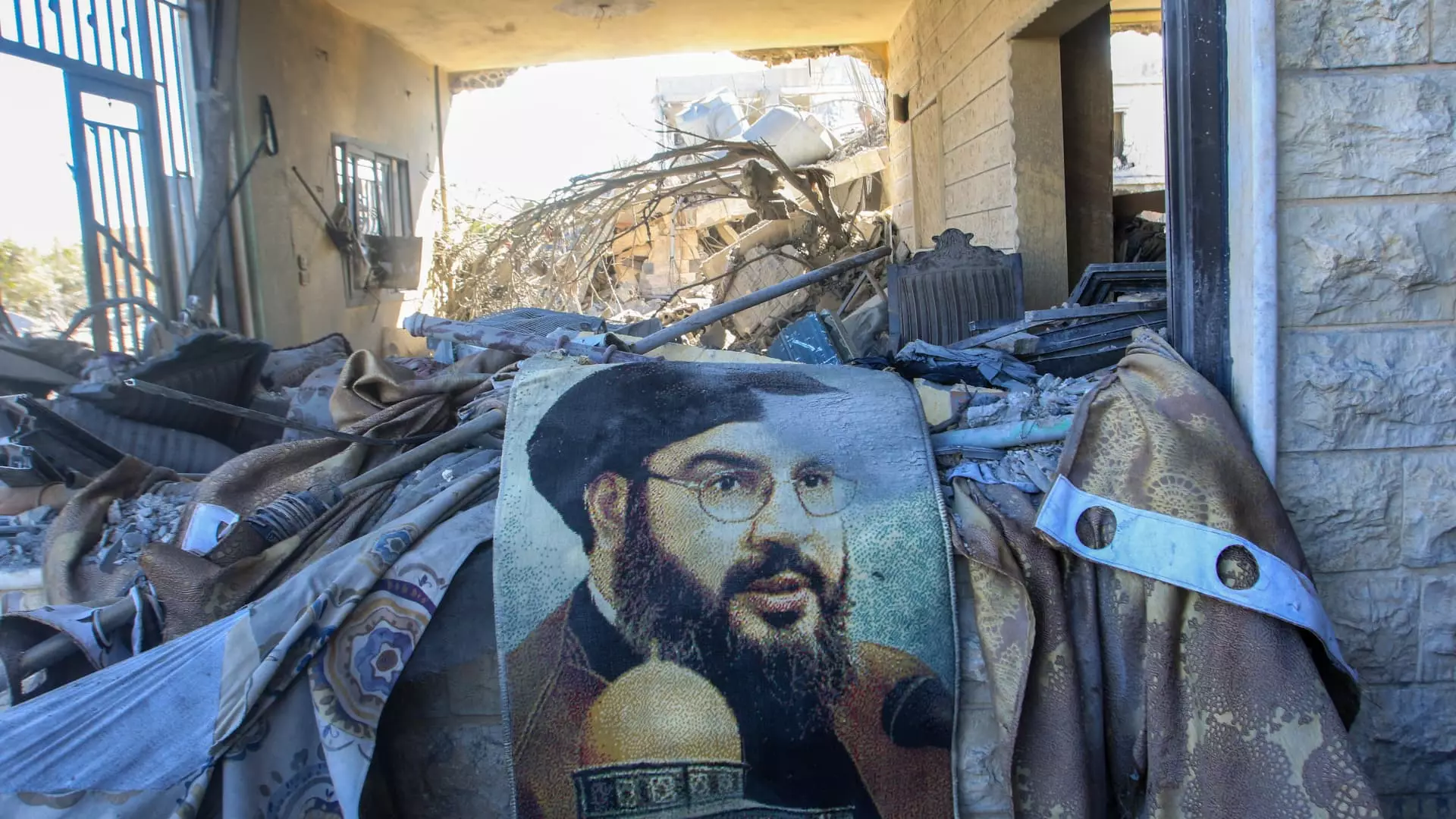The recent announcement by the Israeli Defense Forces (IDF) concerning the death of Hassan Nasrallah, the leader of Hezbollah, signifies a watershed moment not only for the organization but also for the intricate web of Middle Eastern geopolitics. With Nasrallah at the helm for over three decades, his leadership has been pivotal in shaping Hezbollah into a formidable military and political entity. The IDF’s claims of a “targeted strike” on Hezbollah’s headquarters in Beirut, which they assert led to Nasrallah’s death, point to a calculated move meant to undermine the group’s capabilities and influence. If confirmed, the implications of this event could be profoundly transformative not just for Hezbollah, but for the entire region.
Nasrallah is not merely a figurehead; he has been described as the “central decision-maker” and a “strategic leader” within Hezbollah. His leadership is often credited with consolidating the organization’s status as one of the world’s most sophisticated militant groups, known for its robust operational capabilities and its ability to project power beyond Lebanon’s borders. After taking over the leadership in 1992 following the assassination of Abbas al-Musawi, Nasrallah succeeded in not only keeping the group relevant but also expanding its influence within Lebanon and onto a broader regional stage.
Critics and analysts have long recognized the significant role he played in positioning Hezbollah in opposition to Israeli interests, as well as in resistance to Western presence in the region. Ronnie Chatah, a Lebanese political analyst, stated that the potential confirmation of Nasrallah’s death would symbolize a deeper psychological shock for the organization, one that could alter its trajectory drastically. The very fabric of Hezbollah, which has historically wielded power with potent authority, may begin to unravel in the aftermath of this substantial loss.
The reverberations of Nasrallah’s potential demise may have far-reaching consequences beyond the borders of Lebanon. Firas Maksad, a senior fellow at the Middle East Institute, asserts that Nasrallah’s death could catalyze significant regional ramifications, particularly in how Iran and Israel operate within Lebanon. The confrontation symbolized by this act may point toward a new, more dangerous phase of tension between these regional powers. The vacuum left by Nasrallah could lead to a power struggle within Hezbollah and the Shia community in Lebanon, raising questions about who will emerge as the new leader and how they will navigate the delicate and often volatile political landscape.
Moreover, the innate sectarian dynamics within Lebanon are likely to be exacerbated. The Shia community, which Nasrallah has represented and mobilized, now faces a potential leadership void that may catalyze divisions. In a country characterized by its fragile, sectarian-based governance structure, the absence of such a potent figure as Nasrallah could intensify political polarization as rival factions vie for power in a vacuum.
The wider implications of Nasrallah’s assassination stretch beyond Lebanese borders, invoking the interests of global powers engaged in the Middle Eastern theater. While various nations view Hezbollah through the lens of terrorism, its impact on regional stability is undeniable. The U.S., among other countries, has long designated Hezbollah as a terrorist organization, a label that frames much of its engagement in the region.
In this context, the death of Nasrallah may also provoke a recalibration of alliances and hostilities. Rival entities honing in on Hezbollah’s potential vulnerabilities could leap at the chance to assert dominance. Such shifts could lead to a reconfiguration of power dynamics that would impact not only Lebanon but also neighboring countries and international players involved in Middle Eastern affairs.
As the region grapples with the news of Hassan Nasrallah’s reported death, the forthcoming period will be pivotal. A turning point has been reached, with potential fallout that could resonate across the intricate landscape of Middle Eastern politics. Whether Hezbollah can withstand the loss of its longest-serving leader remains uncertain, but the impact will surely be felt beyond Lebanon’s borders, warranting close attention from all stakeholders involved. The coming weeks and months will undoubtedly illustrate the consequences of this significant development, setting the stage for a perhaps more turbulent phase in a region that remains on a knife-edge.


Leave a Reply